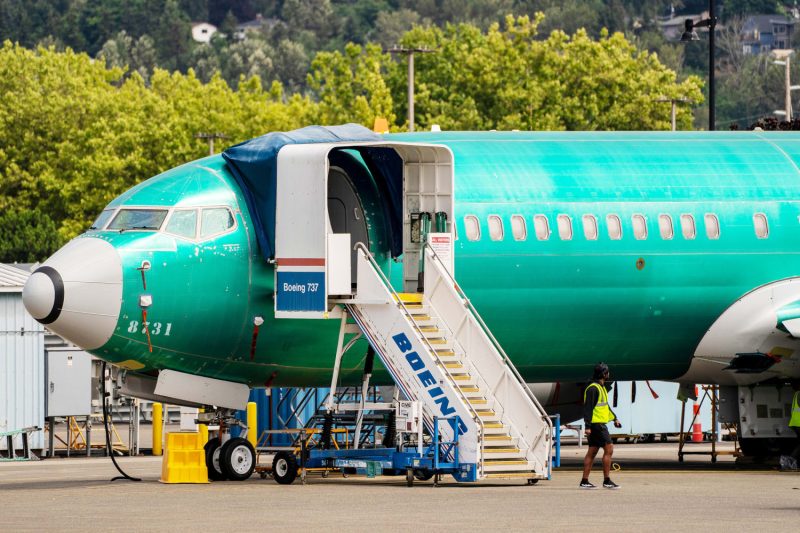Boeing to Raise as Much as $25 Billion to Shore Up Balance Sheet
The aviation industry has been hit hard by the COVID-19 pandemic, as travel restrictions and a decrease in demand for air travel have forced major airlines and aircraft manufacturers to seek financial assistance. Boeing, one of the world’s leading aerospace companies, recently announced plans to raise as much as $25 billion to strengthen its balance sheet amidst these challenging times.
Boeing’s decision to secure additional funding comes as no surprise, given the significant setbacks the company has faced in recent years. The grounding of its 737 Max aircraft following two fatal crashes, combined with the impact of the pandemic on air travel, has left Boeing in a precarious financial position. By raising $25 billion, the company aims to strengthen its liquidity and financial flexibility to weather the current crisis and position itself for future growth.
The fundraising efforts will consist of a combination of debt offerings, with Boeing already raising $9.8 billion through bond sales earlier this year. The company has also secured a $14 billion loan facility, further bolstering its financial resources. Additionally, Boeing plans to generate additional cash flow by reducing its operating costs and implementing efficiency measures across its business units.
While the decision to raise such a substantial amount of capital may be seen as a necessary step to ensure Boeing’s survival, it also raises questions about the company’s long-term strategy and sustainability. Boeing faces fierce competition from rival aerospace manufacturers, such as Airbus, as well as emerging players in the industry. In an environment where technological advancements and shifting market dynamics are reshaping the aerospace sector, Boeing must demonstrate its ability to innovate and adapt to stay ahead of the curve.
Furthermore, Boeing’s reputation has been tarnished by the 737 Max crisis, raising concerns among both customers and regulators about the company’s commitment to safety and quality. Restoring trust and rebuilding confidence in its products will be crucial for Boeing to regain its leading position in the aerospace market and win back customers’ loyalty.
In conclusion, Boeing’s decision to raise up to $25 billion to shore up its balance sheet reflects the challenging environment facing the aviation industry. By strengthening its financial position, Boeing aims to navigate the current crisis and lay the groundwork for future success. However, the company must also address broader issues related to its competitiveness, innovation, and reputation to secure its long-term viability in a rapidly evolving aerospace landscape.

